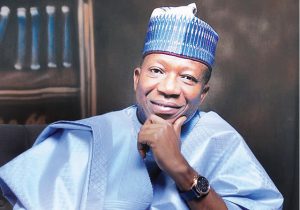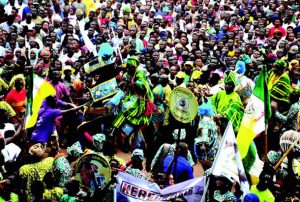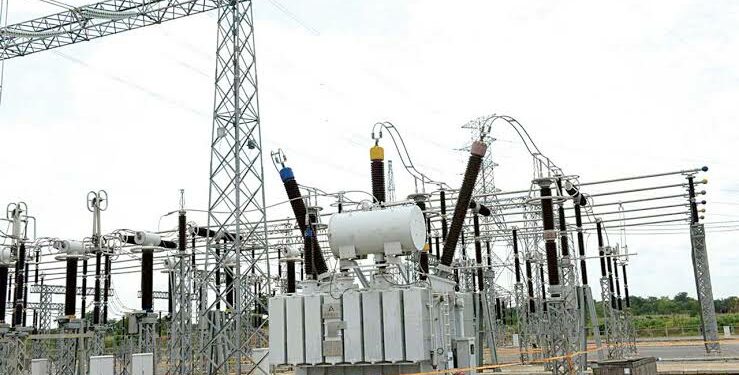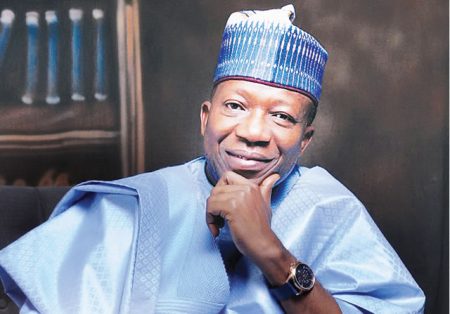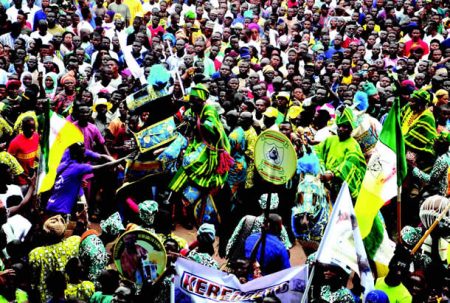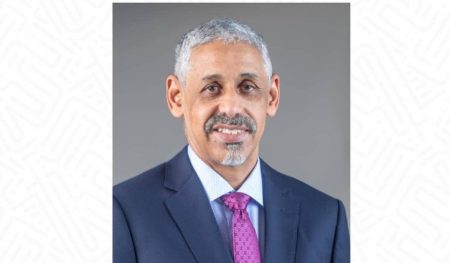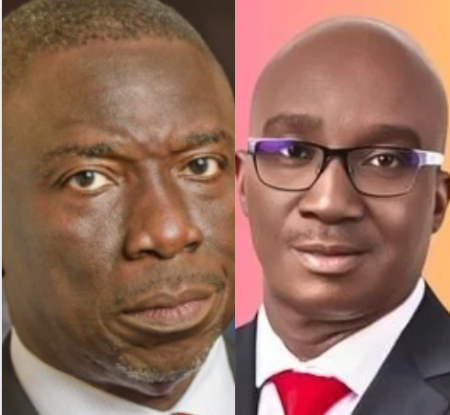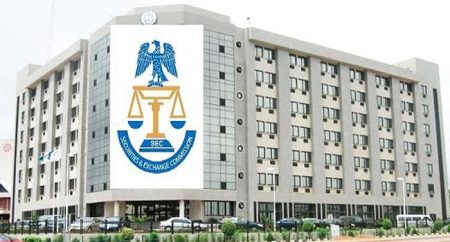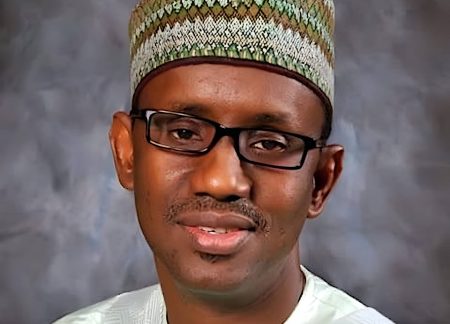The Nigerian power sector is grappling with a deepening financial crisis, characterized by a mounting debt burden from unpaid electricity subsidies. Between January and May 2025, the Federal Government’s outstanding subsidy payments to distribution companies (DisCos) surged by N5.3 billion, reaching a staggering N982.4 billion. This represents a 2.7% increase, highlighting the escalating financial pressures within the sector and raising serious concerns about the long-term viability of the government’s subsidy interventions. The rising subsidy debt can be attributed to escalating power generation costs and the volatility of foreign exchange rates, further exacerbating the challenges faced by an already strained industry.
A closer examination of the monthly Multi-Year Tariff Orders (MYTO) reveals a fluctuating trend in subsidy payments. While the subsidy stood at approximately N196.44 billion in January 2025, it dipped slightly in February and March before experiencing a modest resurgence in April and May, reaching N201.75 billion. This volatile pattern reflects the complex interplay of factors impacting the power sector, including fuel costs, exchange rates, and the government’s subsidy policy. The government continues to subsidize a significant portion of electricity tariffs, particularly for customers in Bands B to E, who pay an average of N118 per kilowatt-hour (kWh), compared to Band A customers who pay over N210/kWh. This disparity underscores the government’s ongoing efforts to cushion the impact of cost-reflective tariffs on a significant portion of the population, but it also contributes to the growing subsidy burden.
The May MYTO order provides a detailed breakdown of the subsidy allocations to individual DisCos. Ibadan Disco received the highest subsidy allocation of N24.59 billion, closely followed by Abuja Disco at N28.99 billion. Other DisCos received varying amounts, ranging from N8.05 billion for Yola Disco to N27.85 billion for Ikeja Disco. These allocations reflect the diverse customer bases and operational realities of each DisCo, highlighting the complex nature of managing the subsidy program across the country. The continued reliance on subsidies raises questions about the long-term financial health of the sector and the need for more sustainable solutions.
Compounding the subsidy burden is a substantial debt owed to power-generating companies (GenCos), amounting to a staggering N4 trillion. This includes N2 trillion for power supplied in 2024 and an additional N1.9 trillion in legacy debts. The mounting debt threatens to cripple the entire electricity supply chain, jeopardizing the stability of power generation and distribution across the nation. Despite pledges from the government to address this critical situation, including a proposed meeting between President Bola Tinubu and GenCo representatives, no concrete action has been taken. The delay in resolving this debt crisis further destabilizes the power sector and underscores the urgent need for decisive government intervention.
The Minister of Power, Adebayo Adelabu, had proposed a meeting with President Tinubu and GenCo chairmen as part of an emergency effort to tackle the N4 trillion debt crisis. Following a meeting between the minister and GenCo chairmen four weeks prior, the government pledged to settle a significant portion of the debt immediately, with the remaining balance to be addressed through financial instruments like promissory notes within six months. However, three weeks after this commitment, no payments have been disbursed, and the proposed meeting with President Tinubu remains unscheduled. This inaction not only undermines the credibility of the government’s promises but also deepens the financial woes of the GenCos, further jeopardizing the stability of the power sector.
The continued delays and lack of progress in addressing the debt crisis have raised concerns among industry stakeholders. Sources close to both the government and the GenCos confirm that a meeting date with President Tinubu has yet to be determined, let alone communicated to the involved parties. Despite repeated assurances from the Minister of Power’s media aide that the meeting will be scheduled, the lack of concrete action fuels skepticism among GenCos who have been grappling with the issue since 2023. The escalating debt and the government’s failure to fulfill its commitments threaten to plunge the power sector into a deeper crisis, impacting electricity supply and hindering economic development. The Senate Committee on Power has also voiced concerns about the liquidity crisis, highlighting the government’s monthly tariff shortfall of approximately N200 billion owed to GenCos. With no payments made this year, the accumulated debt has reached a staggering N800 billion, further emphasizing the urgency of addressing the financial challenges plaguing the power sector.


